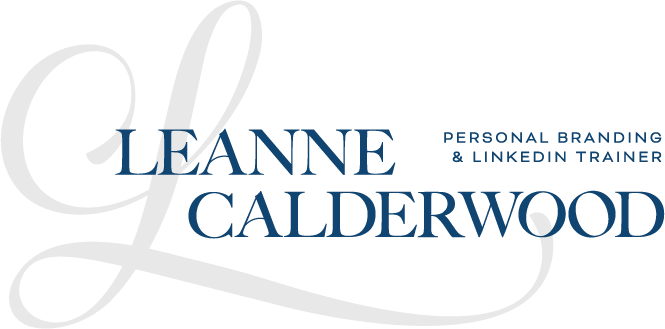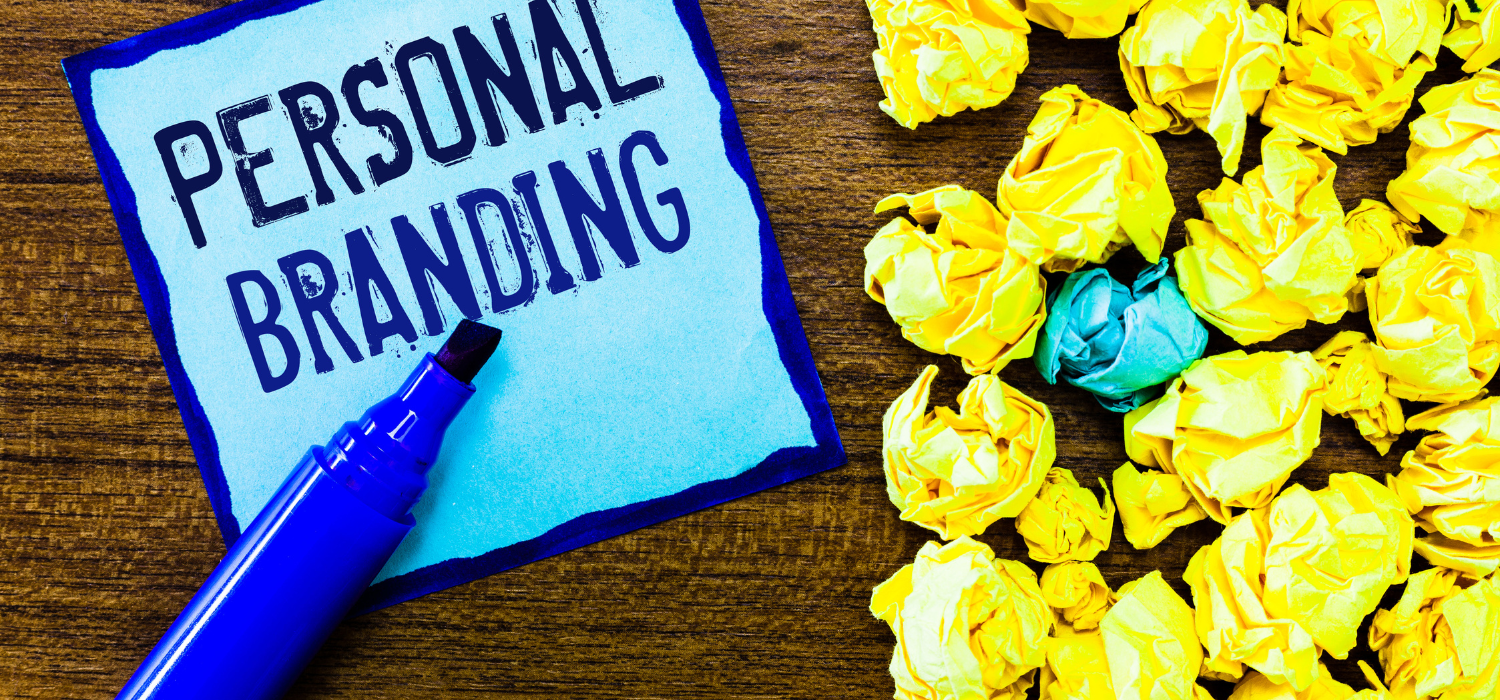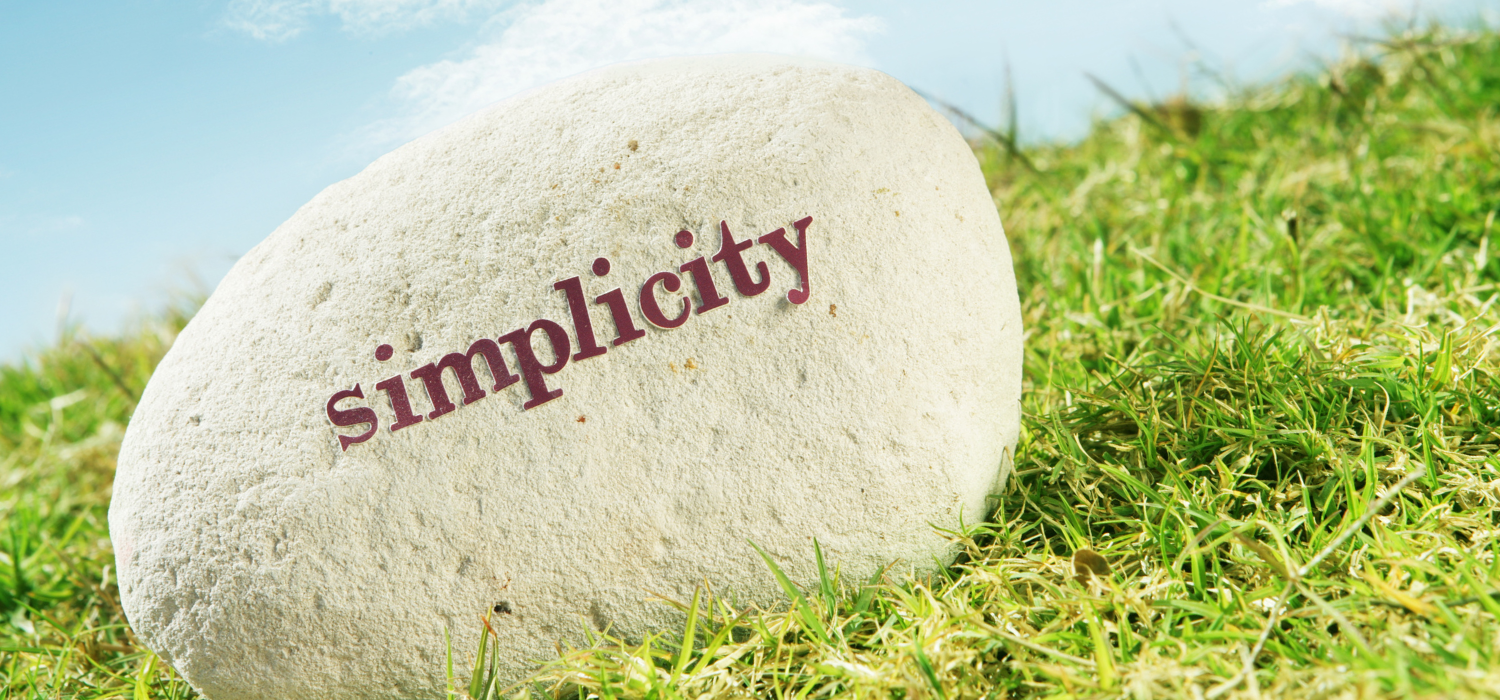Ever told yourself, “I’m too shy to build a personal brand”? I hear this all…

8 Areas Of Focus When Designing Your Personal Brand
Creating a robust personal brand can attract new clients to your product or service, retain existing clients through enhanced relationships, and create influence in your industry. With a strong personal brand, you have the ability to attract new opportunities and new business through thoughtful interactions, be it in person, on a stage, or through social media. However, in a sea of brand messages, it’s difficult to ascertain what the #1 key is to personal branding.
Wikipedia defines personal branding as this – the conscious and intentional effort to create and influence public perception of an individual by positioning them as an authority in their industry, elevating their credibility, and differentiating themselves from the competition, to ultimately advance their career, increase their circle of influence, and have a larger impact.
The process of personal branding involves defining your unique value proposition, defining who it is you’re branding yourself to, creating a platform for amplifying your brand, and connecting with people in a consistent and authentic way.
While personal branding can seem like an abstract concept, being intentional about your brand will bring both YOU, and your audience, clarity about who you are and what you represent.
But in order for you to get closer to your personal branding destination, you need to know this one thing. You need to know and understand this thing, inside and out, and from there everything else will fall into place more easily.
What is the #1 key to personal branding?
It’s you, my friend. You need to know YOU.
By intimately knowing what makes up the uniqueness of you, then and only then can you create a brand that will compel others to trust you, buy from you, and engage them to learn more about you. Your unique value is made up of the following elements; this combination of elements and the amplification of these elements is what makes up your personal brand.:
Let’s look at these in a bit more detail:
Personality Characteristics
These are the adjectives that describe who you are. Your personality is made up of dozens of characteristics, and your personal brand will include some of your characteristics. You ultimately decide which characteristics will receive amplification in your personal brand.
Some examples of characteristics that can play well into a personal brand include:
- introvert vs extrovert
- achievement-focused
- warm, kind
- hardworking
- creative
- organized
- optimistic
- process-oriented
- resourceful
- etc….
A great list to check out that includes over 600 personality characteristics can be found here.
Skills
Skills are the ability to do something well; they can include both hard/technical skills (like woodworking) or soft skills (like communication). Skills can be learned and perfected through repetition. You are made up of a number of different skills and areas of expertise; which ones you decide to amplify in your personal brand is up to you. A skill can fade over time if you do not practice.
Some examples of skills include:
- Business acumen
- Negotiation
- Problem-solving
- Leadership
- Organization
- Perseverance
- Self-motivated
- Communication
- Critical Thinking
- Creativity
- Emotional Intelligence
- Responsible
Talents
Talents are natural abilities that you possess to a greater degree than others. They can look very similar to skills, however, you do not have to work hard at being talented at something, and they do not fade over time like a skill can. However, the more you practice your talent, the more proficient you will be. After prolonged periods of not exercising your talent, it takes you little time to pick up where you left off. “Just like riding a bike” would be a good way to describe a talent.
Some examples of talents include:
- Art
- Sports
- Drama
- Strategy games
- Crafts
- Cooking/baking
- Building/construction
- Writing
- Photography
- Sewing
- Critical thinking
- Technology
Strengths
A strength is also something you are naturally good at and you didn’t have to work hard to master it. When you possess a strength, you deliver a near-perfect performance each and every time. Strengths are achieved when you intentionally practice and develop your talents. The soft skill of strong communication can be a strength to some; they are naturally better communicators whereas many of us have to work at communicating to become skilled at it. Strengths also do not fade over time, but with intentional practice, they can be maintained long-term. Michael Phelps has a natural talent for swimming, but it’s through his intentional practice that it became his greatest strength.
The best inventory I have found for strengths has been from CliftonStrengths, formerly Clifton Strengthsfinder. Some examples of Strengths listed in CliftonStrengths include:
- Achiever
- Focus
- Strategic
- Developer
- Activator
- Command
- Input
Values
A value is a principle or standard of behavior that you hold in high regard. They can also be described as ethics or moral code. Values can be a powerful part of your personal brand as well. Values can be universal and can unite individuals (versus beliefs which can divide groups of people). One of my values, and elements of my personal brand, is a high regard for all partners in a business transaction. Mutual respect for everyone’s role is of great value to me, and part of my brand.
Some examples of values can include:
- Honesty
- Dependability
- Loyalty
- Commitment
- Open-mindedness
- Reliability
- Positivity
- Health
- Achievement
- Adventure
- Friendship/family
Beliefs
Beliefs can look similar to values for sure, but there are some subtle differences. A belief is an acceptance that something is true. You have faith and confidence in something to be true. Beliefs tend to be learned, from our culture or our environment. Our spiritual beliefs can play an important role in our personal branding if we choose to amplify this element.
Some examples of beliefs can include:
- Faith in God or Higher Power
Truths you believe about yourself:
- I don’t need the approval of others to succeed, I am enough
- Truths you believe about positive and negative energy (positive thoughts are powerful, negative thoughts will derail me)
- Truths about work ethic – hard work is rewarded, laziness is not
- Truths about your circumstances – the past does not define me, the future can be re-written
Passions
Passions are activities that you have an intense enthusiasm for. They are your interests, but you have a very strong fondness and desire for the interest. You have boundless energy around the topic and your focus can be intense when talking about or performing in your passion. Many confuse passion with being just ‘hobbies” or “free-time activities”, but you can also have passions at work and in your professional world. Whether personal or professional, you may choose to amplify your passions as part of your brand. Some of your passions may manifest through your talents and strengths, but not necessarily. Conversely, your talent at an activity may not necessarily be your passion.
Some examples of passions include:
Health and well-being
- self-care
- sporting activities
- healthy eating
- meditation
Professional
- entrepreneurship
- professional development
- leadership
Hobbies and activities
- arts and crafts
- writing
- performing arts
- TV, media
- cooking, baking
- hosting, entertaining
- travel
- games
Relationships
- community
- parenting
- family
Traits
Traits can be defined as the same as personality characteristics, but here we are talking about distinguishing characteristics or qualities. They often (but not always) something physical. A trait can make you memorable, which can be powerful when it comes to your brand. Billie Eilish’s green hair trait makes her unforgettable. Steve Jobs’ black turtleneck shirt, Gary Vaynerchuk’s profanity-laden approach to content, Pink’s short hair – all are strong traits that are amplified through their personal brands.
Some examples of traits that you can amplify through your brand include:
- distinguishing physical features
- mode of dress
- trademark item of clothing/jewelry/briefcase
- trademark habit (ie. I choose to amplify my habit of being an avid tea drinker in my personal brand)
Once you have an understanding of what makes up you, you can start creating your brand and positioning your unique set of elements to the professional world. I’ve created a workbook that you can use to detail some of YOUR unique characteristics, from your Personality Characteristics, all the way down to Traits. You can access the workbook here!
RELATED – The Importance of Personal Branding (6 Reasons)
RELATED – Personal Branding and Its Importance for B2B Professionals
RELATED – Building Your Personal Brand in the Workplace
RELATED – Are You Ready to Build a Personal Brand?




